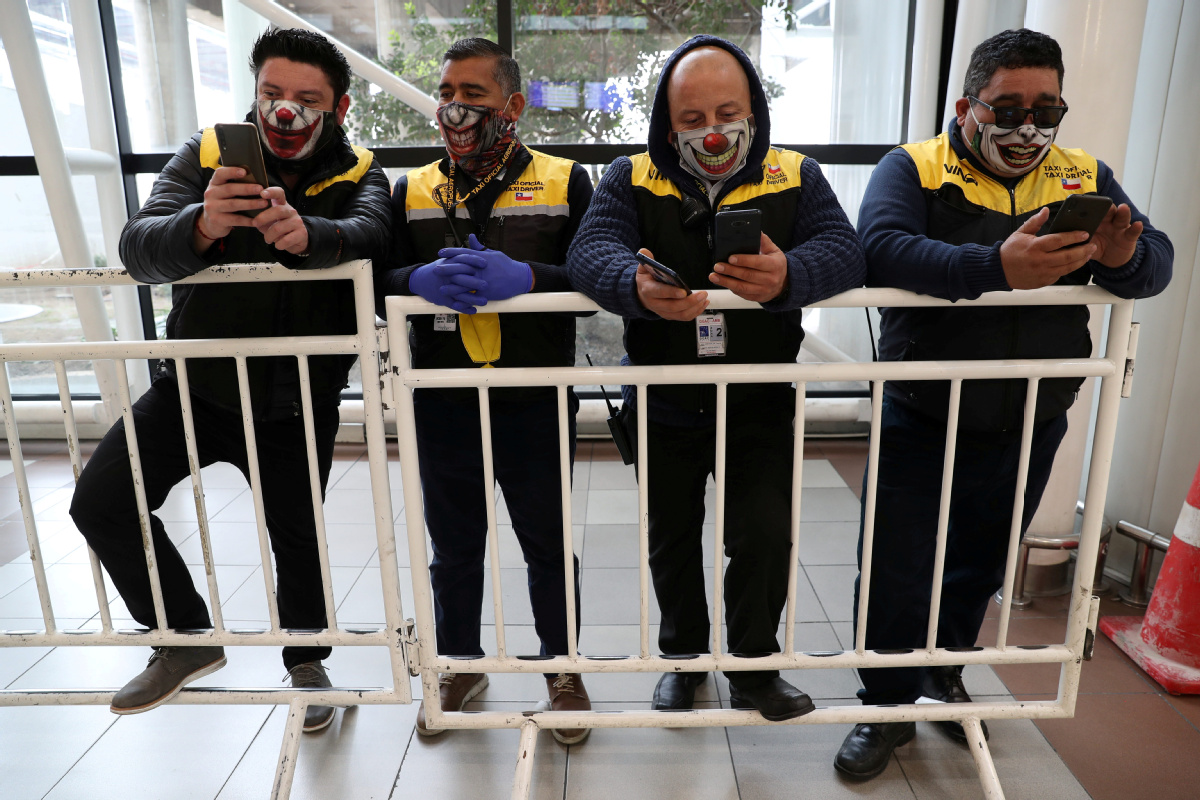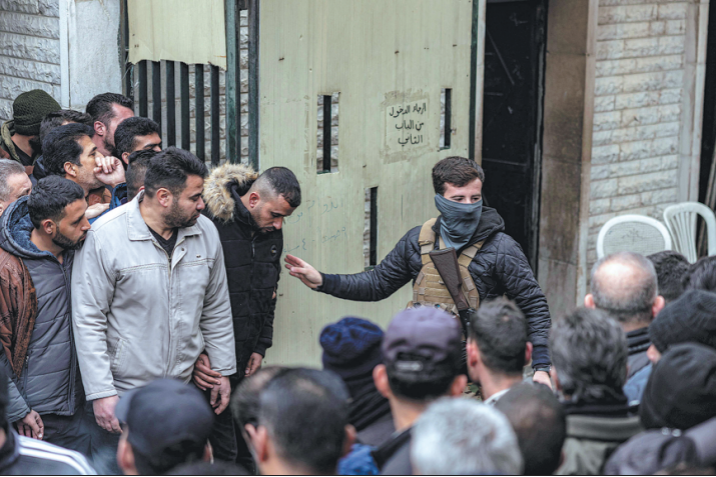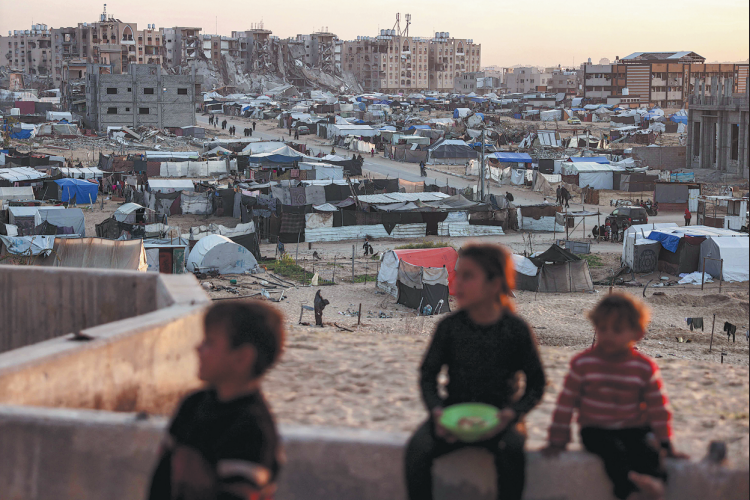Nation quick to lend helping hand in Latin America
By PAN MENGQI | China Daily | Updated: 2020-06-10 07:52

Shocking levels
The high rate of infection at markets in Latin America is another reason for the surge in the number of confirmed COVID-19 cases.
At a major fruit market in Lima, four out of five merchants tested positive for the virus, revealing shocking levels of infection and prompting fears that traditional trading centers may have helped spread the disease across the region.
Some 79 percent of stall holders at the wholesale market tested positive for COVID-19, while spot tests at five other large fresh food markets in the city showed at least 50 percent of people were infected with the virus.
The Guardian quoted a former deputy mayor of Lima as saying, "The contagion among merchants is terribly high and we don't know how long they've had it or how many people they've passed it on to."
The Corabastos wholesale market in Bogota-the largest in Colombia-is the epicenter of the outbreak in the country. The vast area was reportedly advised to operate at just 35 percent of capacity after dozens of cases were detected there.
The few customers still going to the market have reportedly failed to observe social distancing or wear face masks.
In Beijing, Pan Deng, executive director of the Latin America and Caribbean Region Law Center at China University of Political Science and Law, said the coronavirus outbreak is a big challenge for public health systems in Latin America.
"The region's economy relies heavily on the international market and external funds, and the outbreak has disrupted normal operation of the world's economic structure and supply chains. In the early stages of the outbreak, many countries in the region were faced with a shortage of materials and testing kits, which was not conducive to quickly controlling the pandemic," Pan said.
In addition, some lifestyles and social habits in Latin America, such as the preference for outdoor activities and social gatherings, has made it difficult for governments to enforce quarantine measures, Pan said.
Wang Huizhi, an assistant researcher in the Latin American and Caribbean Department at the China Institute of International Studies, said that during the global battle against the virus, Latin America is not fighting alone, with many countries-including China-providing assistance.
"Given the virulent nature of the virus and the fact that no country has dealt with it before and can beat it alone, China has shared its experience in fighting it with many Latin American countries and has quickly provided medical supplies to help our friends overcome their difficulties," Wang said.
In March, a contingent of Chinese medical specialists, doctors and scientists was despatched to Latin American countries, with Venezuela its first destination.
Venezuelan Foreign Affairs Minister Jorge Arreaza said, "With the experience that China has been able to gather in recent months, we know that many lives will be saved."
The second Chinese medical team to visit the region left for Peru on May 22 on a mission organized by the National Health Commission. Team members were selected by the Guangdong provincial health commission.
Foreign Ministry spokesman Zhao Lijian said China would continue to support Latin American countries fighting the pandemic by sharing knowledge of prevention, diagnosis and treatment, providing epidemic prevention material and helping to obtain supplies.
In March, the Jack Ma Foundation and Alibaba Foundation donated medical supplies to 24 Latin American countries to help contain COVID-19. Some 2 million face masks, 400,000 test kits and 104 ventilators were provided for the nations, which included Argentina, Brazil, Chile, Cuba, Ecuador, the Dominican Republic and Peru.
Announcing the donations on Twitter, Jack Ma, co-founder and former executive chairman of Alibaba Group, said: "We will ship long-distance, and we will hurry! WE ARE ONE!"
Catalina Bedoya, an epidemiologist at Mederi University Hospital in Bogota, said Latin American governments can learn from China's experience in tackling the pandemic.
"Once the Chinese authorities realized that they were facing a novel coronavirus outbreak in the central city of Wuhan, they acted swiftly and decisively to contain it. China demonstrated its capacity to build hospitals in 10 days and its determination to save the lives of all COVID-19 patients," Bedoya said.
























